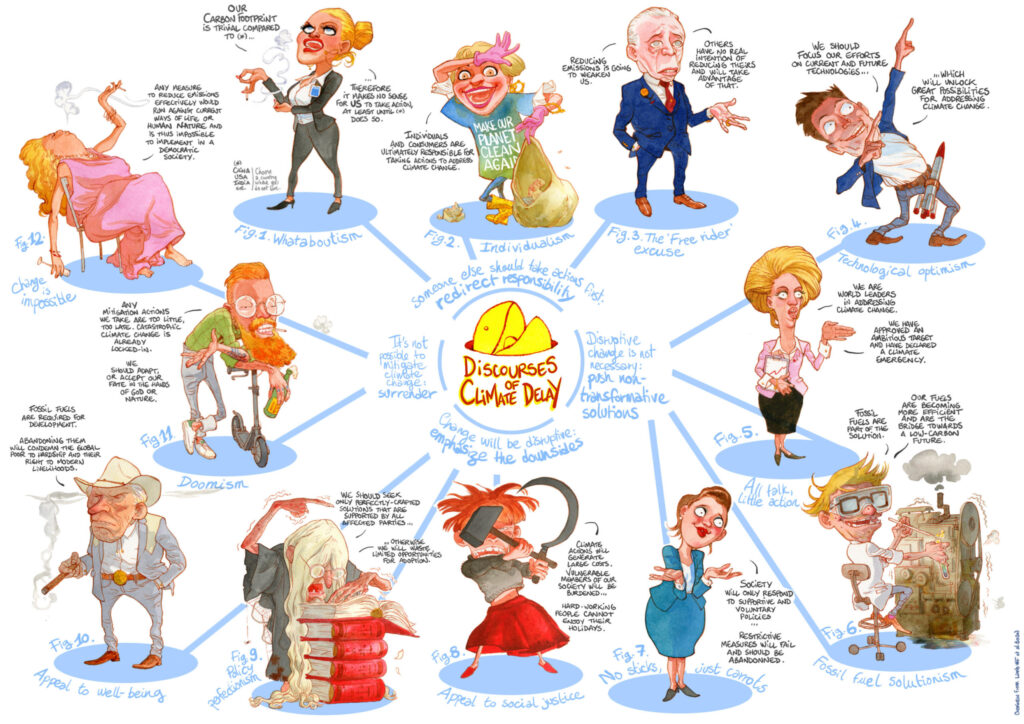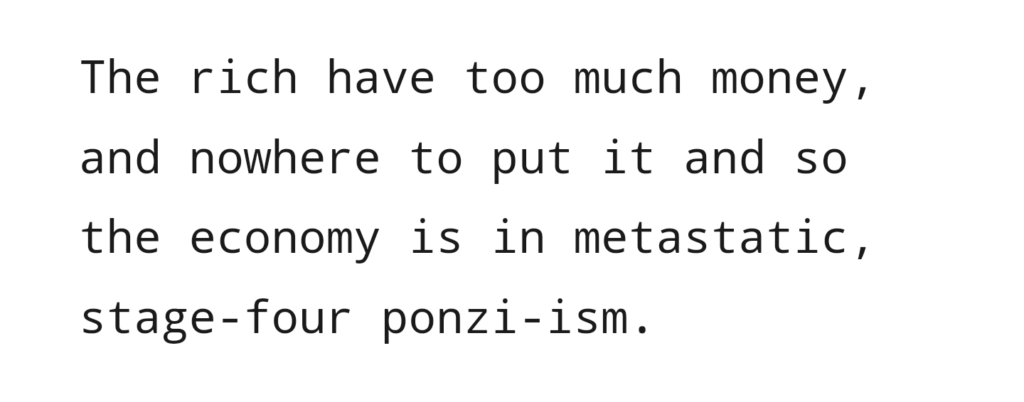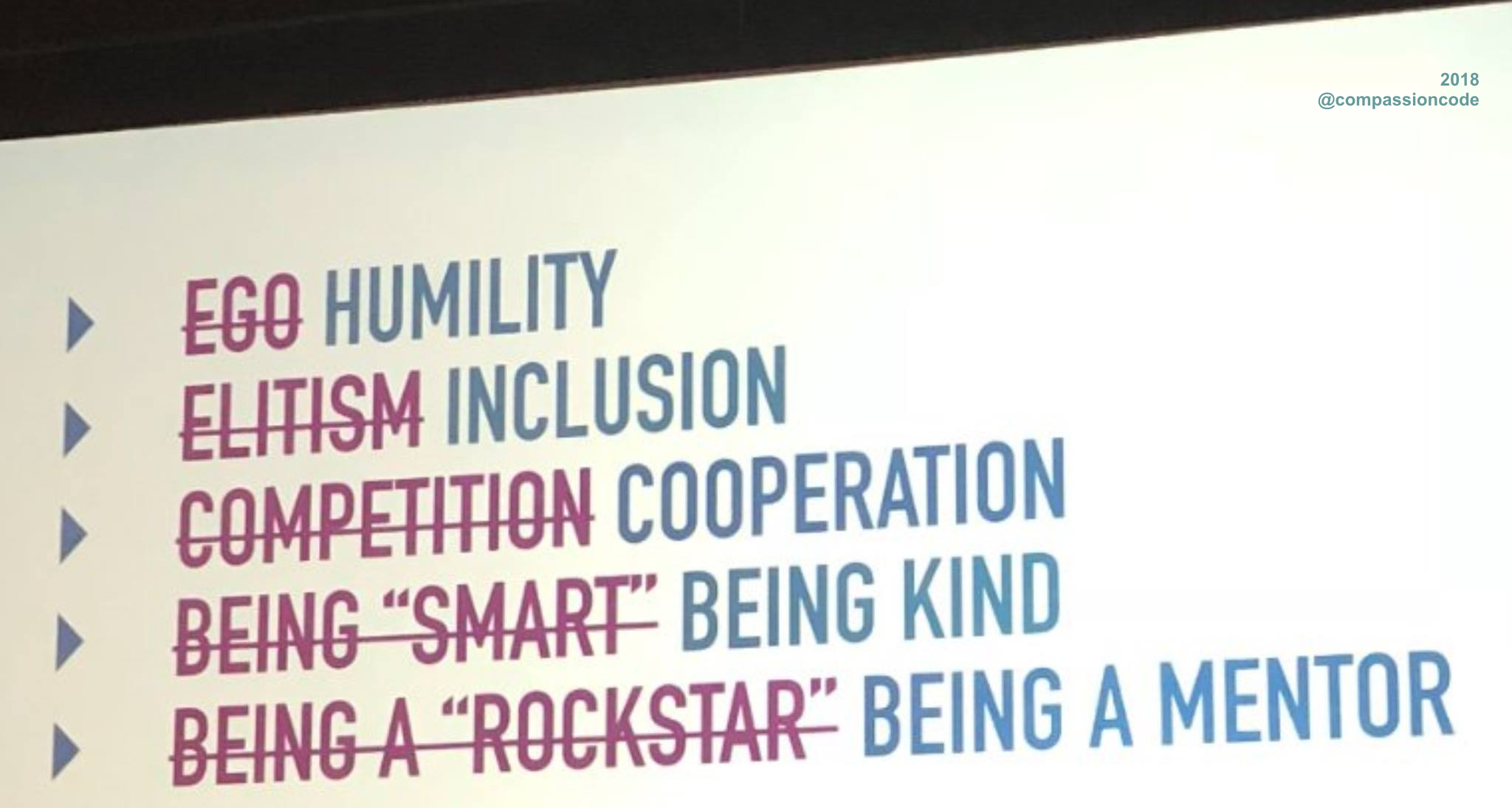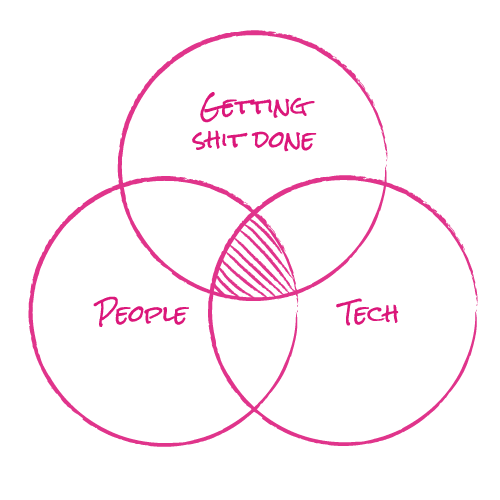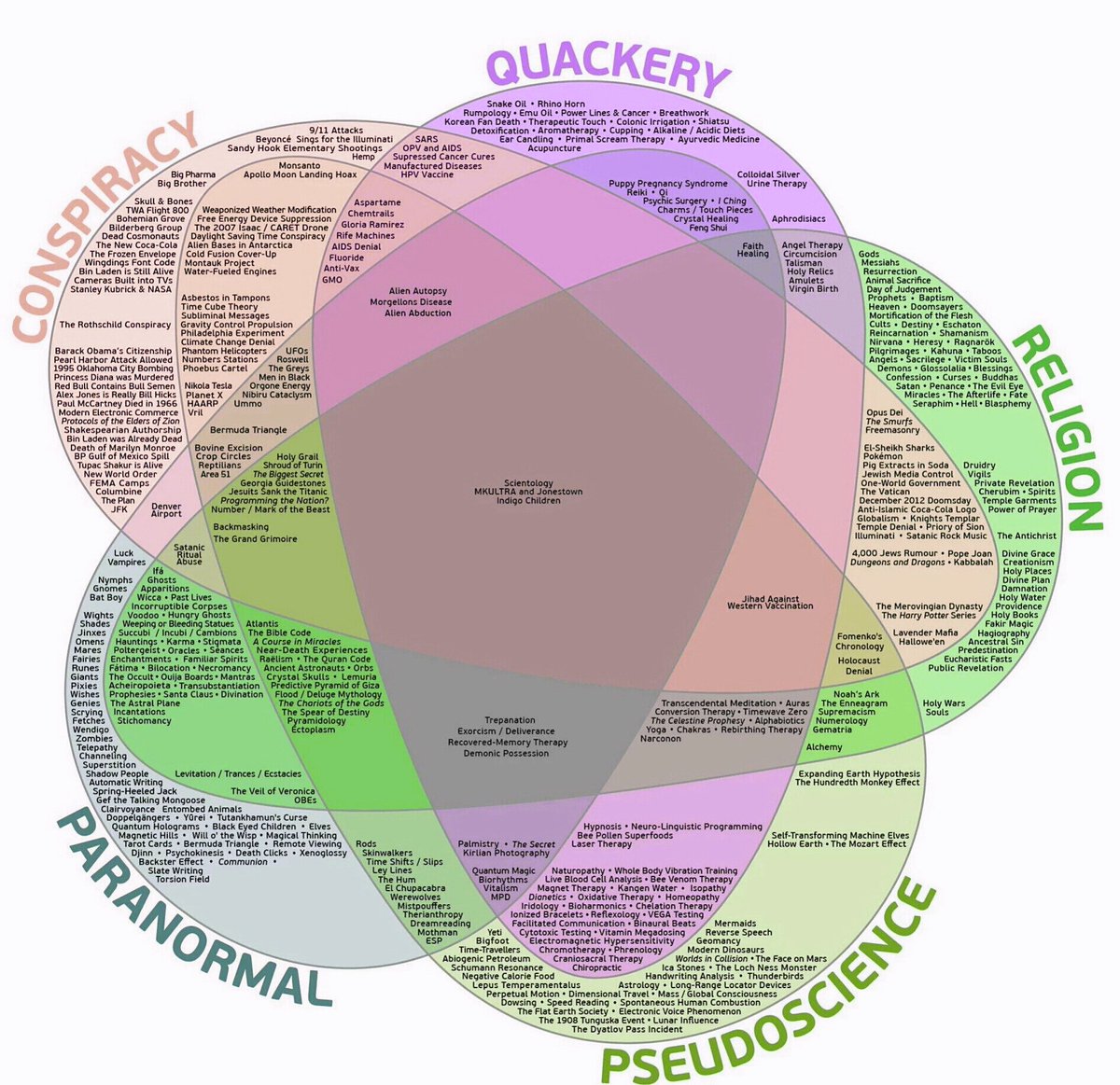Cory Doctorow majorly switched on again : 2024’s public domain is a banger – excerpt below, read his post full here pluralistic.net/2023/12/20/em-oh-you-ess-ee/#sexytimes
First in 1976, and then again in 1998, Congress retroactively extended copyright’s duration by 20 years, for all works, including works whose authors were unknown and long dead, whose proper successors could not be located. Many of these authors were permanently erased from history as every known copy of their works disappeared before they could be brought back into our culture through reproduction, adaptation and re-use. (Copyright is “strict liability,” meaning that even if you pay to clear the rights to a work from someone who has good reason to believe they control those rights, if they’re wrong, you are on the hook as an infringer, and the statutory damages run to six figures.)
Works that are still in our cultural currents 50 or 70 or 90 years after their creation are an infinitesimal fraction of all the works we create as a species. But these works are – by definition – extraordinarily important to our culture. The creators who made these works were able to plunder a rich public domain of still-current works as inputs to their own enduring creations. The slow-motion arson attack on the public domain meant that two generations of creators were denied the public domain that every other creator in the history of the human race had enjoyed.

